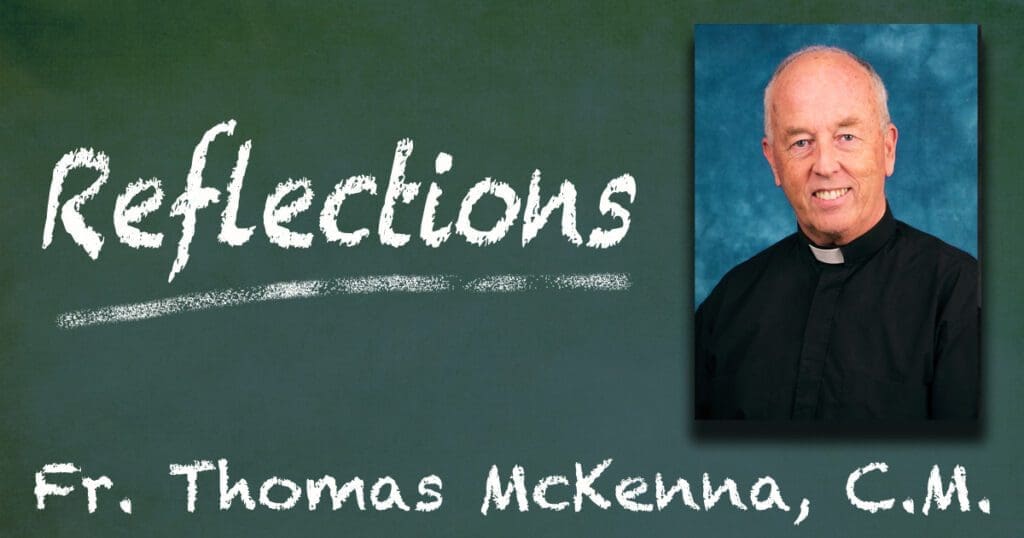In many different instances, Jesus shows awareness of a world wider than the human one. There are the birds of the air whom his heavenly Father feeds, the lilies of the field arrayed like royalty, the green grass waving in the field. And in line with many other biblical sentiments, Jesus implies that it’s not just we humans who praise God, but creation itself shouts acclaim to the Creator. A striking instance: Psalm 150, “O let everything that has breath, praise God.”

However, there has been a way of interpreting this which puts that praise only in the mouths of us humans. We acknowledge that God did create all things – plants, animals, rocks, stars. But we say the praising of them is done only by men and women. This suggests that the bulk of creation praises the Creator in only an indirect way, through the human mediator. In this view, humans are the sole “priests of creation,” and “cantors of the universe.”
There is a growing sensibility that this outlook is too limited, that there’s a wider story. Not in a conscious way of course but nonetheless in a genuine one, everything created honors and glorifies its Creator. All things existing and not just humans live from the same spark, from the fire that originates and sustains everything.
The language of spoken words is not the only way to praise God. Adulation from other creatures comes through also. When ignoring the voices of these entities acclaiming the Divine, our human hearts and minds could easily overlook the genuine tribute to God being paid by the infinitely more expansive natural world.
With this newer understanding, the wider universe begins to witness the Creator’s presence. All of us together, humankind and other-kind alike, are fellow creatures of this same living Source.
This expanded awareness opens eyes to not just the beauty right around us, but also to the nearness of the Creator to the entire natural world. It encourages more of a kinship feeling in us toward the universe around us rather than a dominating one.
Midway through the third Eucharistic prayer, the presider declares “all creation rightly gives you praise.” It’s a prayer to listen for.
Becoming more aware of the praise all of nature is giving God may actually allow these other creatures to help us pray. The more we attend to them, the more they can lift our hearts to God.
Perhaps ahead of his time, in a 1649 letter Vincent shows much of this same sensibility. ”God also works incessantly from outside himself in the creation and preservation of this great universe, in the movements of the heavens, in the influences of the stars, in the productions of land and sea, in the nature of the atmosphere, in the regulation of the seasons, and in all that beautiful order we observe in nature, which would be destroyed and return to nothingness if God was not constantly guiding it.”
(Volume: 9 | Page#: 384) Love of Work, 28 November, 1649 added on 6/28/2011







Thanks, Tom. For so it is:
“The heavens proclaim the glory of God, and the skies show forth the work of God’s hands!”
And so be it, that is to say, that:
The whole of creation, that has been groaning as in the pains of childbirth, be freed from its bondage to decay and brought into freedom and glory of the children of God.
Tom, you captured the essence of what I felt today on this bountiful autumn day. Thank you!
Tom, this is a wonderful article you wrote for us about God as our “creating God…” I will definitely use it with my committee and my students. Blessings and see you for retreat in Oct “down the Jersey shore…”